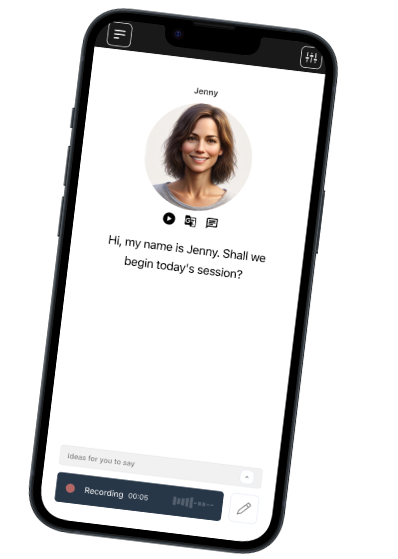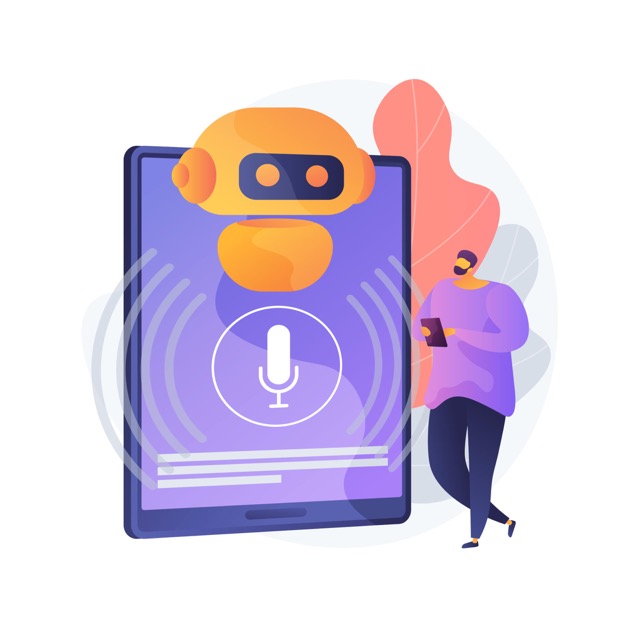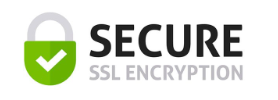Founded in Denmark. We respect your privacy.
Join a worldwide community of language learners
Do You Really Need to Study Abroad to Become Fluent? Debunking the Immersion Myth in Language Learning
Last updated on
For decades, the “study abroad = fluency” equation has dominated the conversation about language learning. Students envision themselves strolling through Parisian markets or chatting effortlessly in a Tokyo café, soaking up grammar and vocabulary just by being there. But is booking a plane ticket the only—or even the best—way to reach true conversational fluency? Or is the immersion myth a convenient shortcut with surprising limitations? Let’s dig into what research really tells us about acquiring language in context. And stay tuned: we’ll reveal a new approach to spoken immersion you can access without packing your bags.
What Is Language Immersion—And Why Does Everyone Recommend It?
Immersion, in its purest form, means surrounding yourself with a language: living among its native speakers, relying on it for daily needs, and absorbing not just grammar and vocabulary but cultural cues and idiomatic expressions. Linguists have long argued that this intense exposure accelerates comprehension and speaking skills. After all, children pick up their first language by immersion—why can’t adults?
The Science: Does Immersion Guarantee Fluency?
To answer that, let’s look at the research. While immersion can give learners a boost in contextual understanding and real-world communication, studies reveal a nuanced picture. According to peer-reviewed research in language acquisition, exposure alone doesn’t ensure fluency. Many learners plateau or stick to native-language “bubbles,” even while living abroad. Motivation, meaningful interaction, and targeted speaking practice are just as crucial as location.
Furthermore, the pressure and anxiety of interacting in a new culture can sometimes hinder progress more than help it. Not everyone thrives in full immersion, and the myth that simply “being there” will lead to fluency doesn’t always hold up. Learners often need explicit correction, structured feedback, and opportunities to practice comfortably.
Alternatives to Studying Abroad: Can You Recreate Immersion at Home?
Given travel expenses and life obligations, many don’t have the luxury to move overseas for months. Fortunately, effective strategies exist for building immersive experiences wherever you are:
- Online conversation partners and speaking platforms: Connecting with native speakers or AI tutors gives you regular, low-pressure opportunities to converse.
- Media-driven exposure: Curated films, podcasts, and news in your target language boost listening comprehension and cultural familiarity (British Council insights).
- Structured role-play and scenario practice: Practicing for real-world situations (ordering food, making small talk) alongside instant correction accelerates both vocabulary and confidence.
- Community involvement: Local language meetups or online groups can provide authentic interaction and social motivation.
Why Speaking Practice Matters Most
Language experts increasingly agree: regular, focused speaking practice—especially with feedback—is the single most critical ingredient for oral fluency (see Cambridge English research). Many study-abroad programs succeed not because of the location, but because they force learners out of passive mode and into active conversation. Replicating this at home is entirely possible with the right resources.
What About Dialects and Authenticity?
Some may wonder if interacting via apps or online classes can ever match the “realness” of in-country dialects or slang. Modern language learning platforms—like Talkio’s AI immersion features—simulate native accents and regional speech patterns, offering exposure to multiple dialects including Mexican Spanish or Parisian French. This approach encourages adaptability, a skill that travelers will need even if they do cross borders later.
Still Think You Need a Plane Ticket?
Here’s the big revelation: True language immersion is about meaningful, ongoing interaction, not geography. Fluent speakers often create their own immersive environments using technology and their social circles, whether or not they ever leave home. By deliberately seeking diverse conversations, embracing feedback, and exposing yourself to authentic media, you can develop conversational agility—and cultural insight—wherever you are.
The next time you dream of fluency, remember: while living abroad is a powerful adventure, it’s not a requirement for strong spoken skills. With deliberate practice, and tools built for real-time feedback and interaction, you can reach your goals—no passport required.
Talk Your Way
to Fluency

Talkio is the ultimate language training app that uses AI technology to help you improve your oral language skills!
Try Talkio


